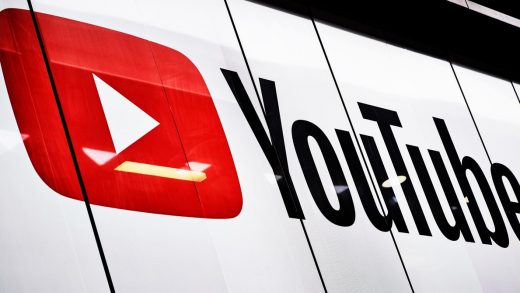Emails from the Department of Justice’s antitrust case against Google revealed how Microsoft executives were alarmed by and even envious of Google’s AI lead.
In an email thread, CTO Kevin Scott wrote he was “very, very worried” about Google’s rapidly growing AI capabilities. He said he initially dismissed the company’s “game-playing stunts,” likely referring to Google’s AlphaGo models. The emails reference Gmail’s autocomplete features, which execs called “scary good.” Microsoft struggled to copy Google’s BERT-large, an AI model that deciphers the meaning and context of words in a sentence. It took the company six hours to replicate the model, while Google inched further ahead on more elaborate, bigger models.
Scott said Microsoft had “very smart” people on its machine-learning teams but their ambitions had been curbed and that their company was “multiple years behind the competition in terms of ML scale.” This all led to a billion-dollar push into OpenAI in 2019. It’s since invested $13 billion.
— Mat Smith
The biggest stories you might have missed
The Cheyenne Supercomputer is going for a fraction of its list price at auction right now
Batman: Arkham Shadow is the first big exclusive VR game for the Quest 3
May’s PlayStation Plus games include Ghostrunner 2 and the modern classic Tunic
You can get these reports delivered daily direct to your inbox. Subscribe right here!
What connects you with a B2B marketer in West Virginia? Four letters.
LinkedIn, the career-centric social network, is getting into gaming. But the kind of earnest, word-based games your mom would let you play when you were a kid. LinkedIn describes them as “thinking-oriented games,” though the format will likely look familiar to fans of The New York Times Games app. You can only play each game once a day, and you can share your score with friends. And just maybe… strike up a conversation on how you can help each other with targeted SaaS projects. Yes, I have feelings about who hits me up on LinkedIn.
It appears to be directing users to “avoid in-app service fees.”
TikTok is allegedly violating Apple’s App Store rules, with the app allowing (even recommending) particular users to purchase its coins directly from its website. TikTok has apparently given some iOS users the option to “Try recharging on tiktok.com to avoid in-app service fees” — namely Apple’s 30 percent commission on purchases, which are more likely than not passed onto those users. It’s definitely not available to all users and seems to be there for TikTok users who have previously bought a large number of coins — the TikTok whales, if you will.
Someone pulled the APK out and put it on an Android phone.
The Rabbit R1, a pocket-sized AI virtual assistant device, runs Android under the hood. Now early users have been able to tease out the R1 APK, install it on an Android phone and make it work — if not with all the features. If that’s the case, what’s the point in the $200 gadget?
In a statement sent to Android Authority, Rabbit CEO Jesse Lyu, said the Rabbit R1 is “not an Android app.” He added the R1 ran on very bespoke AOSP (Android Open Source Project) build and lower-level firmware modifications, so a local bootleg APK won’t be able to access most R1 services. We’re wrapping up our own detailed review — stay tuned.


